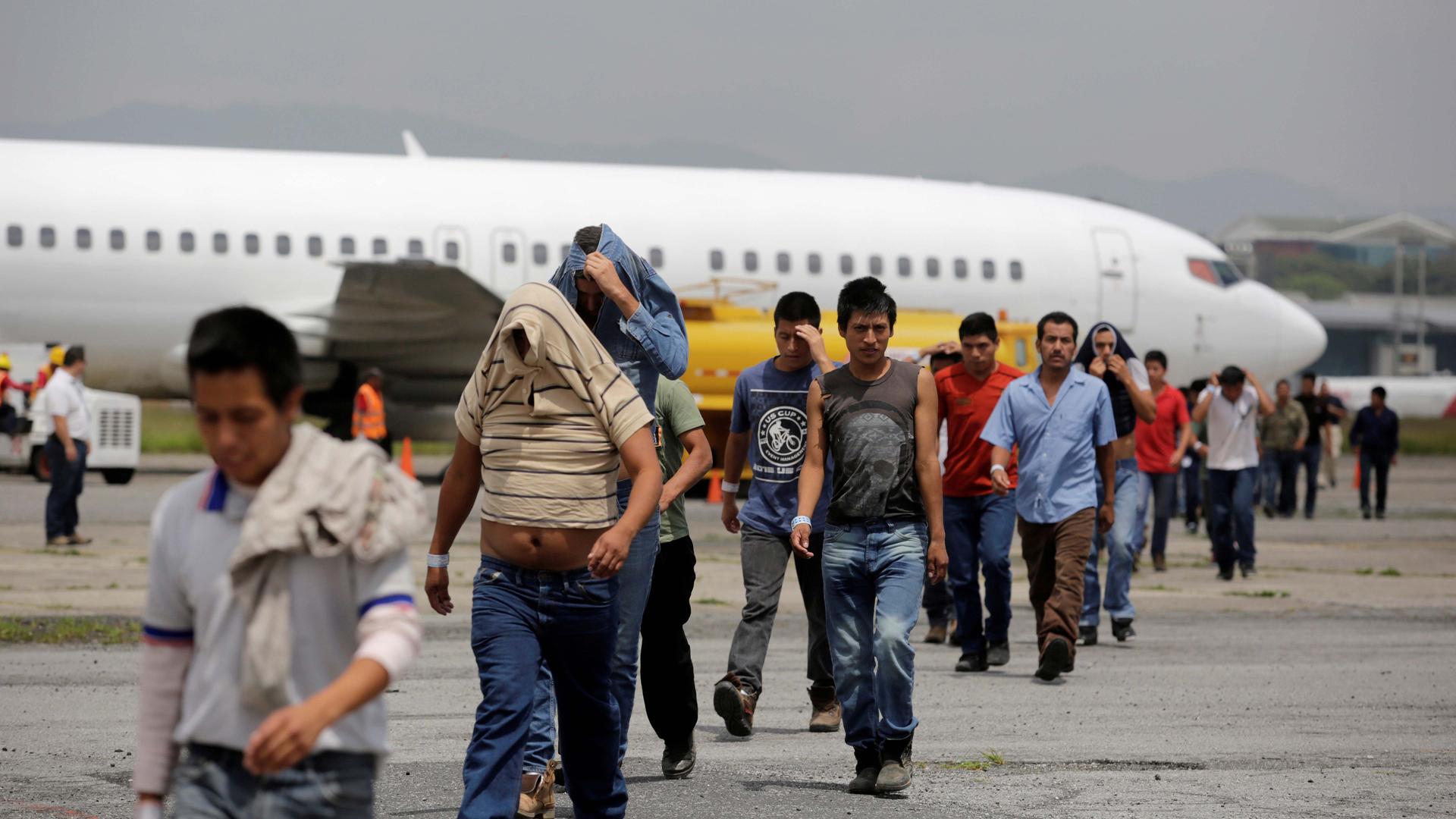Guatemalans deported back to their native country from the United States during the coronavirus pandemic are being shunned, threatened or chased away by neighbors who fear they are bringing back the virus with them.
They have been met with closed doors, crossed arms and angry screams.
Guatemalan officials say the country has reason to be concerned: They have reported at least 115 people returned by the US during the pandemic have tested positive for the virus upon arrival. Overall, there were 2,265 confirmed cases of the coronavirus in the country as of Thursday. In mid-March, Guatemala reported its first patient of the coronavirus was a man who had arrived from Italy.
Guatemala’s national government has asked the Trump administration to stop all deportation flights for the duration of the pandemic. But planes have continued to arrive from El Paso, Texas, and Alexandria, Louisiana. On Tuesday, US Customs and Border Protection reinitiated deportation flights to neighboring Mexico after having discontinued them in 2018. The US has deported some 20,000 people to other countries since the coronavirus pandemic began.
Related: Guatemala suspends US deportation flights over coronavirus concerns
In response, many in Guatemala are asking their government to keep people deported from the US out of their communities. In Quetzaltenango, the country’s second-largest city, dozens protested after two people escaped from a sports complex where the government was isolating recently arrived deportees.
“We want each local governor to deal with the migrants from their communities, not to have them all here.”
“We’re very worried here in Guatemala, and especially here in this city,” Juan Fernando Lopez, mayor of Quetzaltenango, told The World. “We want each local governor to deal with the migrants from their communities, not to have them all here.”
Tens of thousands of Guatemalans migrate to the US every year. Many enter the US illegally and are deported. Guatemala, along with Honduras and El Salvador, was one of the top three countries of origin for people apprehended by US Border Patrol agents at the Southwest border in the fiscal year 2019.
Lopez said he understands the importance of Guatemalan expatriates: They’re major contributors to the country’s economy. Remittances accounted for 12% of the gross domestic product in 2018, according to the International Monetary Fund.
Elva Bautista, who was deported in March, told The World no one examined her before she boarded a deportation flight in Texas. Upon arrival in Guatemala City, someone took her temperature and asked if she felt OK, she said.
She said she is healthy, but after arriving home, local community leaders have kept any more nonresidents from entering.
“In a way, I think it’s a good thing,” she said. “We’re in good health, and it wouldn’t be good for us if someone who’s contaminated came here.”
Our coverage reaches millions each week, but only a small fraction of listeners contribute to sustain our program. We still need 224 more people to donate $100 or $10/monthly to unlock our $67,000 match. Will you help us get there today?
